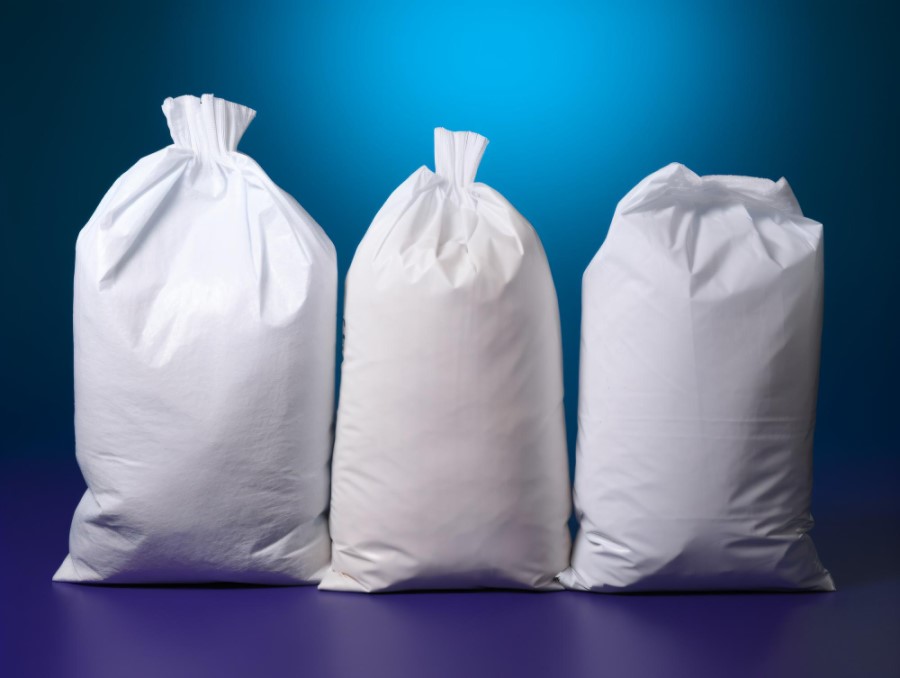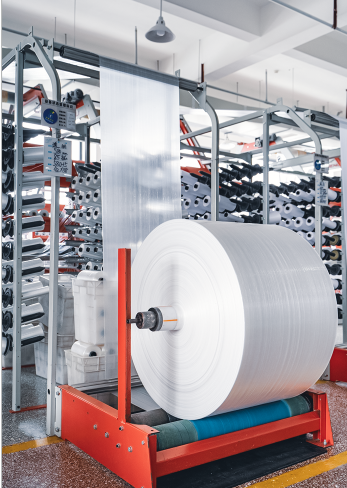
Polypropylene bags offer durability, strength, and versatility, making them ideal for various packaging needs.
Their resistance to moisture, chemicals, and tearing ensures reliable protection for goods during storage and transportation.
Additionally, their recyclability supports sustainable packaging practices, appealing to environmentally conscious businesses.
Polypropylene bags exhibit high tensile strength, withstanding heavy loads without tearing or breaking during transportation and storage.
Resistant to moisture, chemicals, and UV radiation, polypropylene bags maintain their structural integrity even in harsh environmental conditions, ensuring prolonged use.
These bags offer flexibility in design, size, and printing options, allowing for personalized branding and tailored packaging solutions.
Polypropylene bags are recyclable, contributing to sustainable packaging practices and reducing environmental impact when disposed of properly.
Prolonged exposure to sunlight can cause discoloration and reduced strength in polypropylene bags, affecting their longevity.
While recyclable, polypropylene bags are not biodegradable, posing challenges for environmentally conscious disposal methods.
Polypropylene bags may generate static electricity, which could pose safety hazards in certain industrial environments.
According to a study published in the National Library of Medicine, polypropylene has an estimated lifespan of 20 years under typical environmental conditions.
Polypropylene bags are generally flat or gusseted bags made from polypropylene material, while woven polypropylene bags are constructed from woven polypropylene fabric.
Both types of bags are used for packaging various goods, but woven polypropylene bags are preferred for heavy-duty applications requiring extra strength and resilience.
Woven polypropylene bags typically have a woven texture, providing excellent tear resistance and breathability, whereas standard polypropylene bags may offer more options for customization and printing.
Woven polypropylene bags excel in strength and durability but may be less versatile in terms of design and printing options compared to standard polypropylene bags.
However, standard polypropylene bags may lack the same level of strength and tear resistance required for heavy-duty applications.




